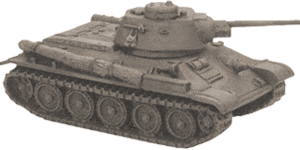On May 13, 1938 an Act of Congress established Armistice Day as a national holiday, following up on President Woodrow Wilson's November 11, 1919 proclamation of the first Armistice Day honoring American veterans who fought in WWI. Though WWI did not formally end until the Treay of Versailles was signed on June 28, 1919; in the US, Armistice Day, with the armistice marking the temporary end of combat on November 11, 1918, is widely regarded as the end of the First World War.
Blog

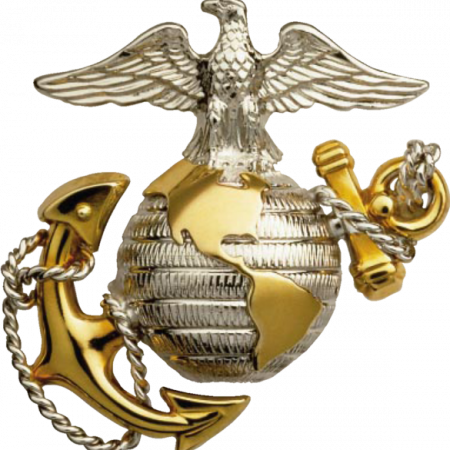
Today the United States Marine Corps celebrates 236 years of protecting US interests abroad.
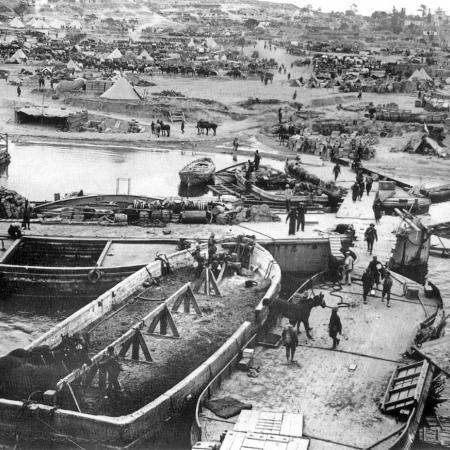
In April of 1915 soldiers from the British Army and Commonwealth, including the Australia-New Zealand Army Corps, and French Army and Empire, landed on the Gallipoli penninsula in an effort to open the route to Russia and seize Constantinople. There they faced Turkish troops from the Ottoman Empire in a brutal campaign fought in rugged terrain featuring extensive trench systems separated at certain points by as few as 10 to 20 yards. An ongoing archaeological survey has uncovered not only
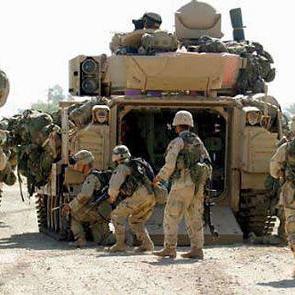
World War II is widely rememberd as the most expensive war ever fought by the United States. In constant dollars, World War II's portion of our nation's GDP reached 35.8% at its height, and ultimately cost a staggering $4.1 trillion in FY2011 dollars. Many have long thought that, short of a feared WWIII, it would hardly be likely that today's unconventional wars could approach such costs.
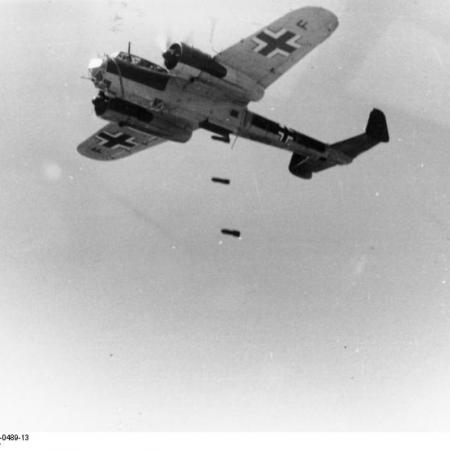
Lying underwater in the English Channel off the coast of Kent, United Kingdom is the world's last known surviving Do-17 bomber. In a joint attempt the Royal Air Force Museum and Imperial College of London are attempting to salvage the well preserved Do-17 - found in 2010 after sands shifted that had previously hidden the bomber, and have now left it exposed to seawater that can corrode the aircraft very quickly.
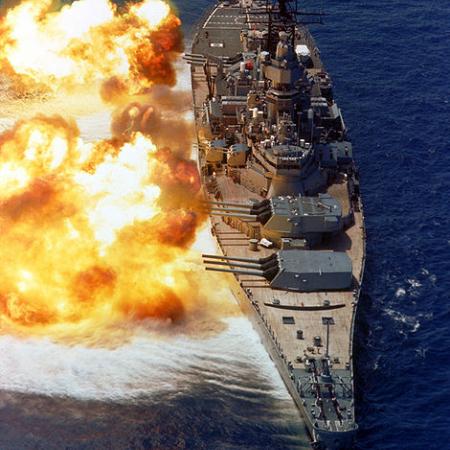
Late last week the USS Iowa (BB-61), the lead ship in the final class of US battleships ever built, began a voyage from Suisun Bay, California that will ultimately end in Los Angeles - where she will serve as a floating museum.
Laid down in June 1940 and commissioned in February 1943 the Iowa weighed in at 45,000 tons, was 887 feet long and included a crew of over 2,750 officers and men.
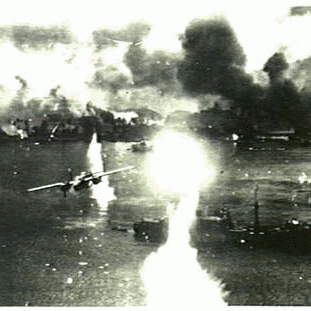
Australian and New Zealand warships clearing World War II era munitions from the harbor at Rabaul have found what is believed to be a Japanese midget submarine. The wreck was found sitting upright on the sandy bottom at 180 feet underwater. Rabaul was one of the most important Japanese Naval bases during the War, and the site of sharp combat in January 1942 - when Japanese forces seized the harbor and associated military installations from Australian forces.
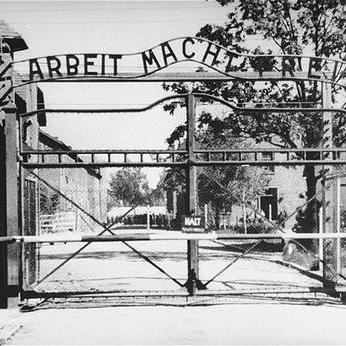
Polish authorities have ordered a new investigation into the crimes against humanity committed at the Auschwitz concentration camp during World War II. The Germans murdered an estimated 1.5 million people at Auschwitz, located near Krakow, until the Red Army libereated the camp late in January 1945.
The crimes committed at Auschwitz were central to Nazi Germany's plans to create lebensraum in Eastern Europe - to be done mostly at the expense of the Slavic and Jewish people, though hundreds of
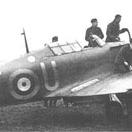
Brigadier General Tadeusz Sawicz died on 19 October at a nursing home in Toronto, Canada - he was 97 years old and was the last surviving Polish pilot to have fought with the RAF during the 1940 Battle of Britain. Sawicz was one of 145 Polish pilots who fought with the RAF during the Battle of Britain and was credited with three kills during his service with the RAF.
Overall, The Battle of Britain represented a disaster for the Luftwaffe and a blow to the prestige of the Wehrmacht as a whole.
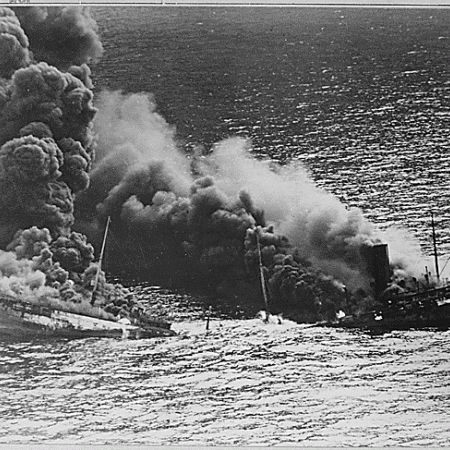
Well over 6,000 ships sunk during the Second World War sit on the bottom of oceans and seas worldwide. After roughly 70 years of exposure to the elements many are raising concerns that these distingrating wrecks could release the oil mostly still contained in their hulls.

